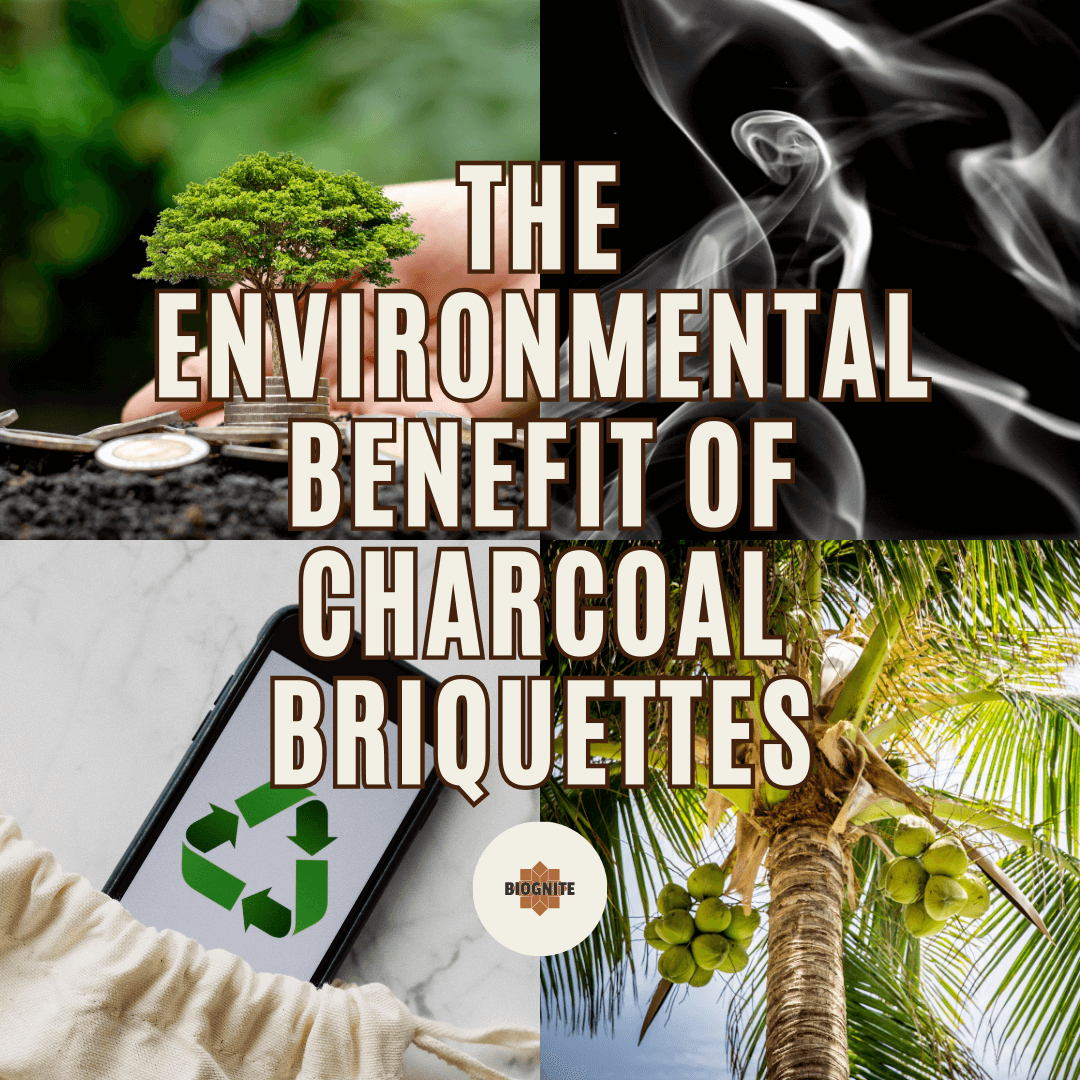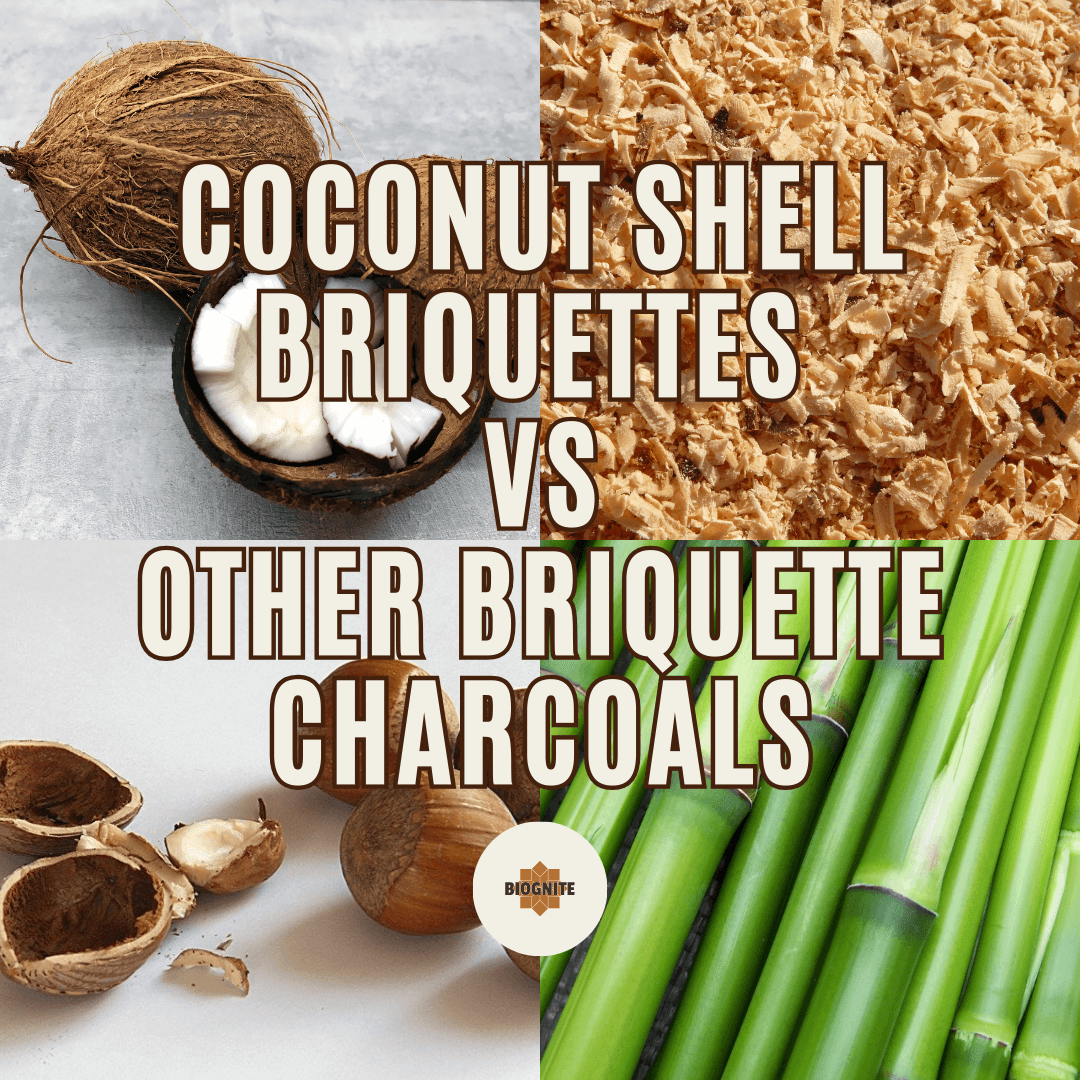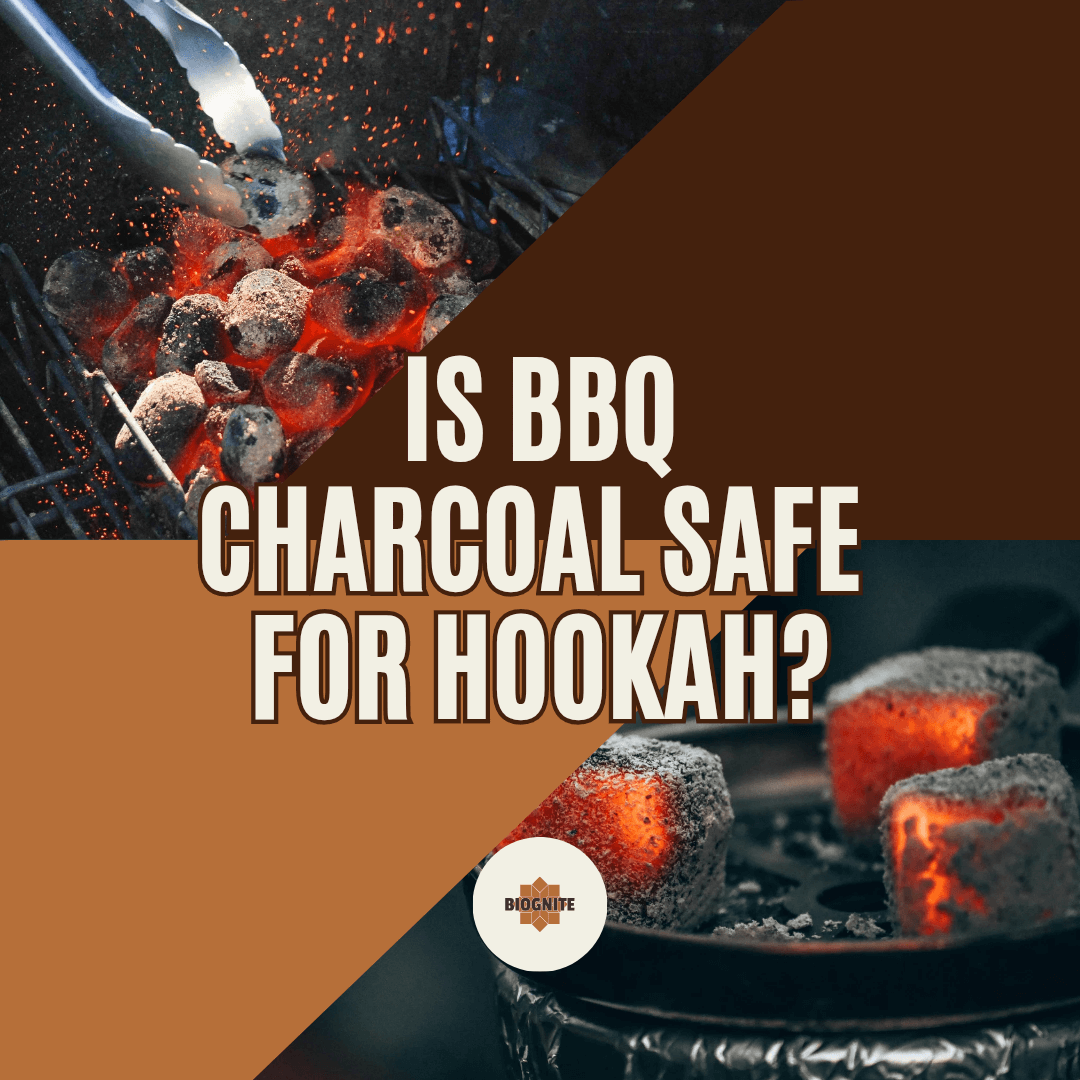Introduction
The global demand for charcoal is increasing rapidly, especially in the hookah, barbecue, and industrial sectors. However, traditional charcoal production from hardwood contributes to deforestation, carbon emissions, and biodiversity loss. This is where coconut shell charcoal briquettes stand out. Made from agricultural waste, they provide environmental benefits such as a sustainable, eco-friendly, and high-performance alternative to traditional charcoal.
In this article, we’ll explore the environmental impact of coconut shell charcoal briquettes and why they are considered a better choice for both people and the planet.
1. Reducing Waste: Turning Agricultural By-Products into Value
Every year, millions of tons of coconut shells are discarded as waste after coconut processing. Instead of letting these shells rot or burn in open fields (which releases CO₂ and methane), they can be repurposed into charcoal briquettes.
- Waste-to-value process: coconut shells → carbonized → compressed → briquettes.
- This reduces waste while creating an additional income source for coconut farmers.
Environmental benefit: Decreases open burning of waste and promotes circular economy.
2. Protecting Forests: A Shift Away from Hardwood Charcoal
Traditional charcoal often comes from cutting down hardwood trees. This contributes to:
- Deforestation.
- Habitat loss for wildlife.
- Increased carbon footprint.
By using coconut shells, briquette production no longer relies on cutting trees. This significantly reduces pressure on natural forests.
Environmental benefit: Helps conserve forests and biodiversity.
3. Cleaner Burning: Less Smoke, Less Pollution
Coconut shell briquettes are known for their low ash content (around 2–3%) and smokeless combustion.
- Produces fewer particulates compared to traditional charcoal.
- Generates less indoor and outdoor air pollution, especially important in hookah lounges and homes.
Environmental benefit: Cleaner air and healthier environment for users.
4. Longer Burning Time, Lower Consumption
Because of their dense structure, coconut shell briquettes burn longer and hotter than hardwood charcoal.
- Average burning time: 2–3 hours per briquette session.
- Requires fewer briquettes overall.
Environmental benefit: Reduces overall resource consumption.
5. Lower Carbon Footprint
Producing coconut shell briquettes emits less carbon compared to hardwood charcoal because it uses agricultural by-products and requires less land conversion. Many manufacturers are also adopting renewable energy in their production process, further minimizing the carbon footprint.
Environmental benefit: Lower greenhouse gas emissions.
Also read: Is BBQ Charcoal Safe for Hookah?
6. Supporting Sustainable Livelihoods
The coconut industry employs millions of farmers in Asia, Africa, and Latin America. By turning shells into briquettes, communities create additional income streams while promoting sustainable trade.
Social & environmental benefit: Builds green jobs and supports rural economies.
Conclusion
Coconut shell charcoal briquettes are more than just a fuel—they are part of a sustainable solution for the environment. By reducing waste, protecting forests, lowering emissions, and supporting local communities, these briquettes present a viable alternative to traditional charcoal.
As consumers and businesses become more conscious of their environmental footprint, switching to coconut shell charcoal briquettes is not just a smart choice—it’s a responsible one for the planet’s future.



